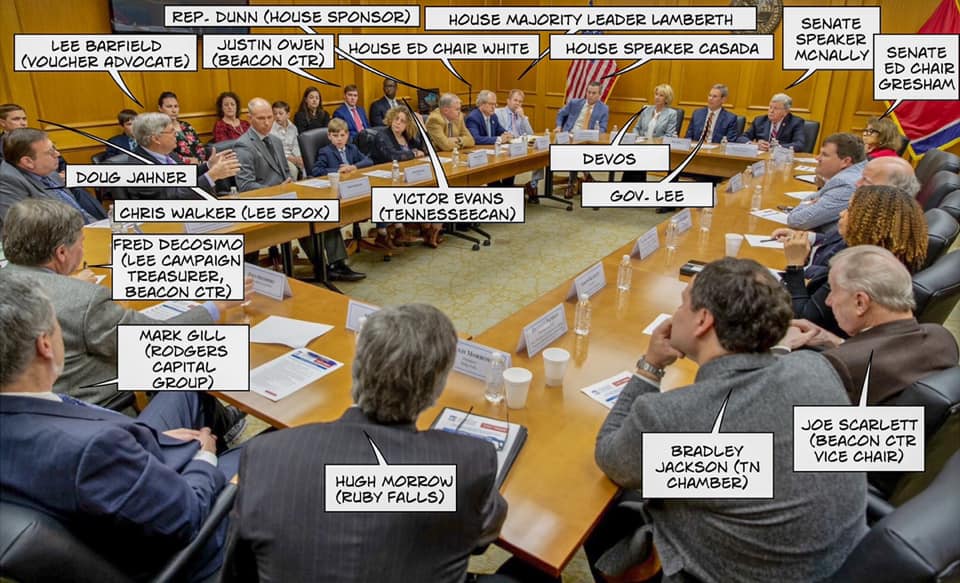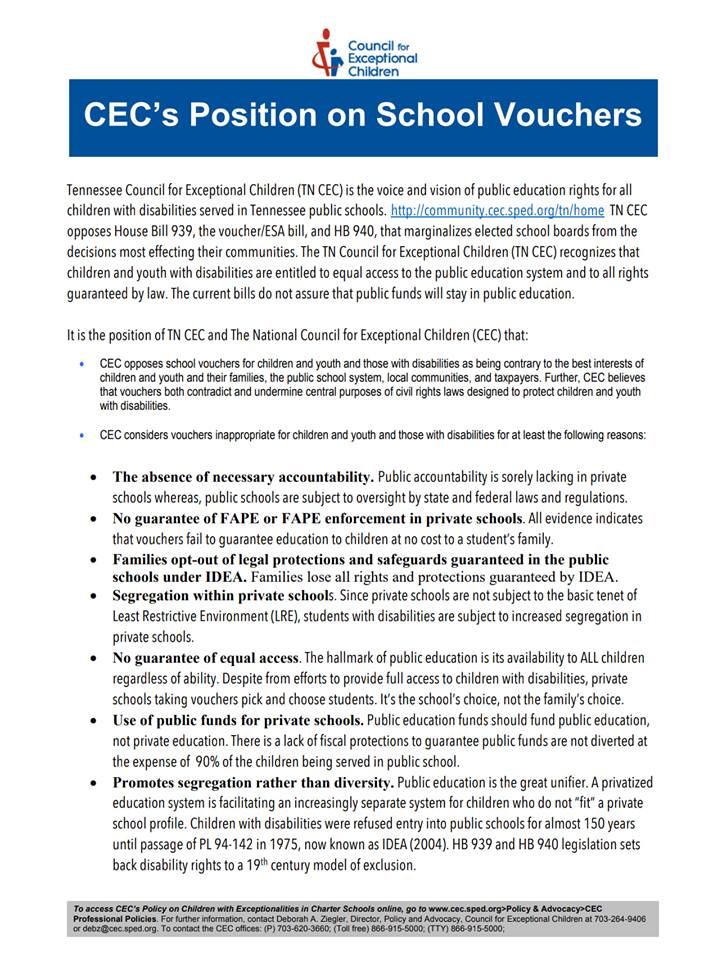The BEP — Tennessee’s funding formula for schools — is a reliable source of revenue for local school districts each year. While projections from the Comptroller’s office suggest the state underfunds the BEP by $500 million a year, the formula is relatively stable and districts can typically predict the amount of new BEP dollars they will receive each year.
That’s why Knox County was surprised this year to see a number about $6 million less than expected. The Knoxville News-Sentinel has more:
The state has typically added roughly $180 million new dollars into the BEP statewide in recent years. This, plus other smaller percentages of state funds, allowed the county to budget roughly $12 million extra BEP dollars each year. Last year it added an extra $14.1 million new BEP dollars after the state added $188.4 million new dollars to the fund.
However, that number is expected to be down to $117.5 million in new money this year, meaning the county’s share of new dollars is projected to be only $6.2 million, nearly $8 million less than last year, Knox County Finance Director Chris Caldwell said.
Here’s the historic data on BEP funding for Knox County:
- $196.4 million, $12.9 million (2016-17);
- $207.9 million, $11.5 million (2017-18);
- $222 million, $14.1 million (2018-19);
- $228.2 million estimate, $6.2 million estimate (2019-20)
As you can see, Knox County could reliably count on at least $12 million in increased BEP funding each year in recent years. That number was down more than half in this year’s projection.
What’s different in 2019-20? Well, Governor Bill Lee is proposing a statewide voucher scheme, for one. He’s also increasing funds available for charter schools. This comes after several years of former Governor Bill Haslam adding roughly $100 million a year in teacher salary increases. This year, that number is $75 million, with the other $25 million going to start Lee’s voucher plan.
If teachers in Knox County want to know what happened to their raises, the answer is vouchers. If residents want to know why building new schools is delayed, it’s because Lee is committing a lot of new money to charter schools for their facilities.
Bill Lee’s “school choice” agenda has consequences. The projected shortfall in Knox County is a clear example. Of course, Lee has done nothing to address the persistent low funding of our state’s schools and given no indication he intends to address that issue.

For more on education politics and policy in Tennessee, follow @TNEdReport
Your support – a gift of $2, $3, even $5 — helps make education reporting possible.







